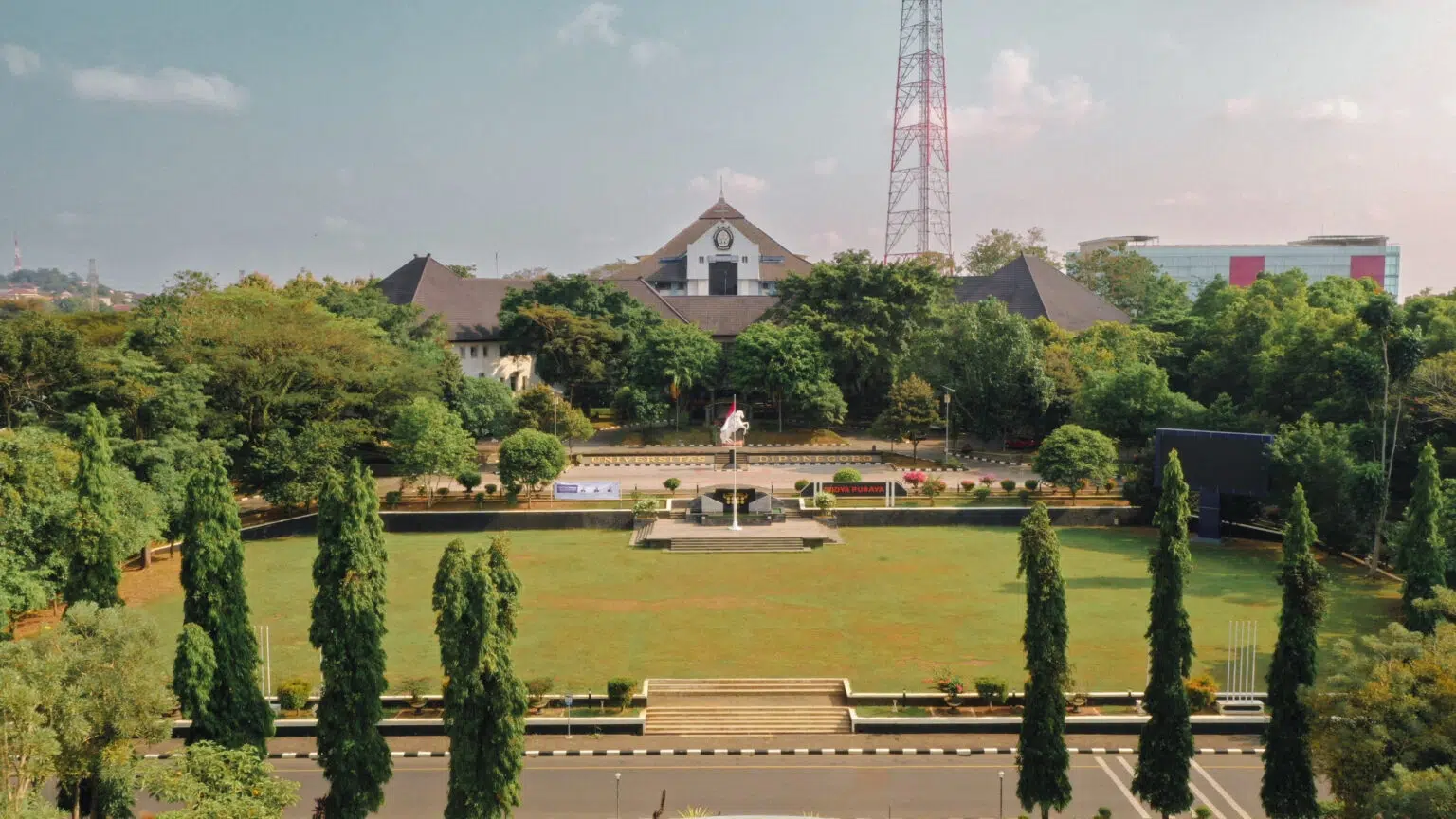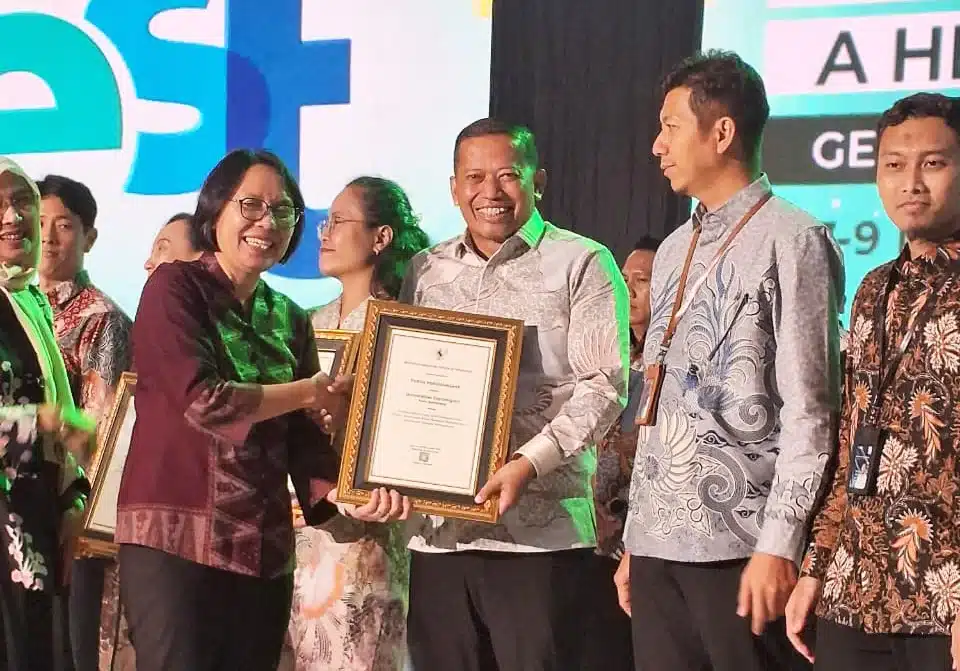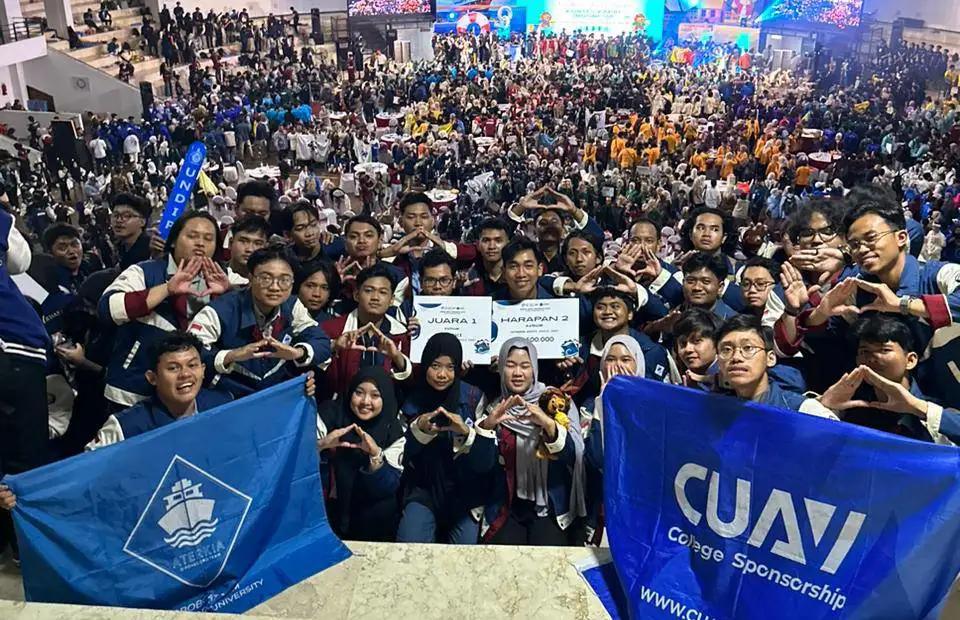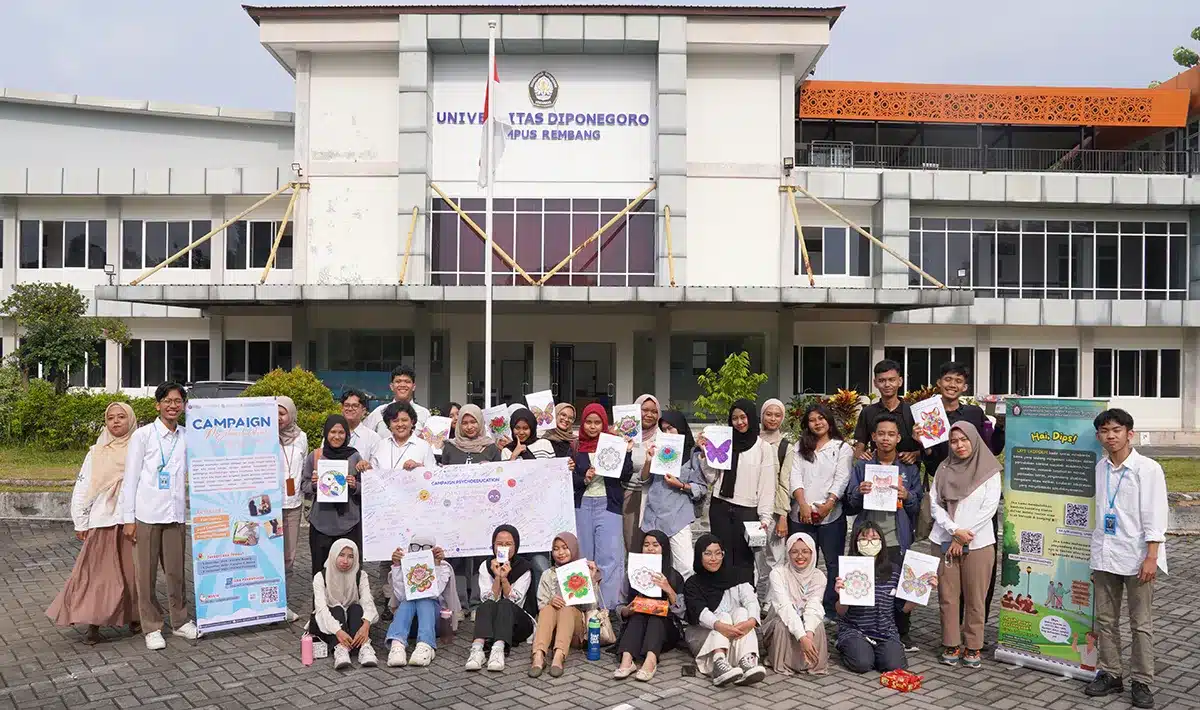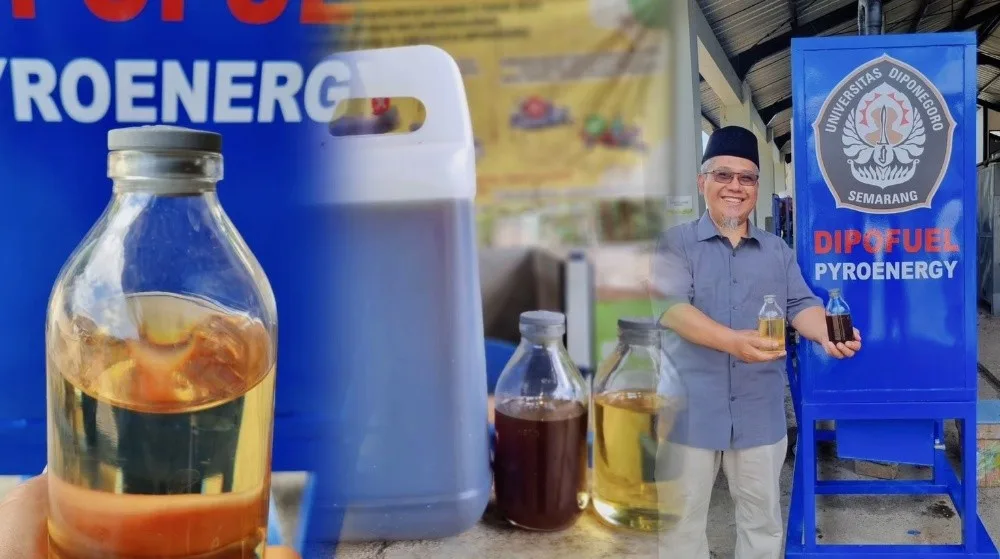As part of the implementation of the National Strategy for Financial Inclusion (SNKI) as mandated by Presidential Regulation No. 114/2020, education and financial literacy are important elements in increasing financial inclusion in Indonesia.
In order to increase the level of financial inclusion in Indonesia, Diponegoro University (Undip) together with the Secretariat of the National Council for Inclusive Finance (SDNKI) of the Coordinating Ministry for the Economy, Sharia Pawnshops, and Local Governments (Province/Regency/City) in Central Java have held a Socialization on Increasing Sharia Finance Inclusion for MSMEs in Central Java Province on Friday, August 26, 2022 at the 4th Floor of KWU Lab Building Hall, Faculty of Economics and Business, Diponegoro University (FEB Undip).
The socialization activity was attended by the 1st Deputy of Macroeconomics and Finance of the Coordinating Ministry for Economic Affairs, Regional Secretary of Central Java Province, Undip Rector and Dean of FEB Undip and their staff, Director of Marketing and Product Development of PT. Pegadaian, all Regional Apparatus Work Units in Central Java Province, the Undip Academic Community, as well as the Micro, Small and Medium Enterprises / MSMEs forum in Central Java.
In addition, this socialization activity also invited several speakers, namely the Assistant Deputy for Inclusive Finance and Sharia Finance, Senior Vice President of the Sharia Business Unit of PT. Pegadaian, Deputy Dean 1 of FEB Undip, and Head of the Central Java Provincial Government’s UKM Cooperative Service.

In his remarks, Undip Rector, Prof. Dr. Yos Johan Utama, S.H., M. Hum. revealed that Undip supported the sharia economic system. “Undip’s regulations have explained that Undip’s business is non-usury. That’s why we are grateful for this favor.” said Pros. Yos.
Prof. Yos added that with the strengthening of the sharia economy for MSMEs, it would improve and strengthen the Indonesian economy. “I believe that with the strengthening of the sharia economy for MSMEs, the Indonesian economy will increase, because the real strength of the Indonesian economy is in fact MSMEs.” he added.
“This is what Undip wants to teach its students. This spirit of entrepreneurship is what I hope for, especially the basis of the sharia and non-usury economic system. Undip will support several things, such as community service and research. Then we would also like to provide free and certified courses for MSMEs actors.” said Prof. Yos.
The Micro, Small and Medium Enterprises (MSMEs) sector is one of the segments that is a priority target in efforts to increase financial inclusion in Indonesia. Indonesia has a large number of MSMEs so that they are able to absorb labor and contribute to the national economic recovery.
On the other hand, Indonesian entrepreneurs are dominated by youth entrepreneurs aged 25 to 34 years. As is the case with the MSMEs Segment, the Youth segment is a priority in the Government’s efforts to increase financial inclusion to 90% by 2024. In addition to increasing financial inclusion, this forum also encourages the development of sharia finance and the economic activities that support it, from the halal food sector to sharia finance.
1st Deputy for Macroeconomics and Finance at the Coordinating Ministry for Economic Affairs, Dr. Iskandar Simorangkir, S.E., M.A. explained that synergies and collaborations with various parties are needed to support financial inclusion programs so that they can help accelerate national economic recovery.
“I hope that higher education institutions can increase their role not only as places of learning, but also as an introduction for students, or graduates who want to be entrepreneurs.” said Alexander.
Meanwhile, the Regional Secretary of Central Java Province, Sumarno, revealed that increasing the capacity of MSMEs through strengthening inclusive financing access is expected to be able to encourage MSMEs to advance to class. To increase the scale of business for MSMEs to be more advanced, adequate access to financing is needed, one of which is through Sharia People’s Business Credit (KUR).
In this activity, a symbolic handover was also carried out in the form of distributing Sharia KUR to MSMEs to upgrade to the Sharia Pegadaian Guidance class and handing over gold savings to supervisors from each Central Java Regency/City.



